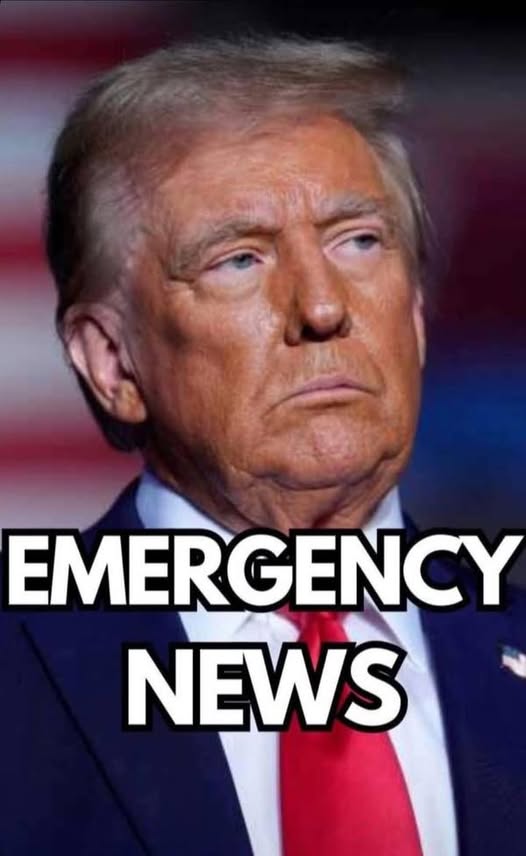Trump Signs New Executive Order Affecting Foreign Students Involved in Campus Protests
In a recent policy move, former U.S. President Donald Trump signed an executive order aimed at addressing concerns over anti-Semitism on college campuses. The measure, introduced in late January 2025, outlines new immigration-related consequences for foreign students who participate in certain protests viewed as anti-Israel.
Under the order, federal agencies are instructed to review and, if warranted, revoke visas for non-citizen students involved in demonstrations deemed supportive of organizations designated as terrorist groups by the U.S. government, such as Hamas — a group that has held this designation since 1997.
Policy Goals and Government Rationale
According to administration officials, the directive is intended to strengthen efforts against extremism and protect Jewish communities from harassment or threats. The executive order draws upon existing immigration laws that allow deportation for those who “endorse or espouse” terrorist organizations. Supporters of the policy argue that it sends a strong message against campus activism that crosses into advocacy for groups linked to violence.
Criticism and Legal Concerns
Not everyone agrees with the approach. Critics — including civil rights advocates and legal scholars — caution that the measure could blur the line between political expression and unlawful activity. They warn that equating certain protest slogans or demonstrations with terrorist support risks infringing on free speech rights protected under the Constitution.
Some legal experts also point out that immigration enforcement used in this context could face constitutional challenges, especially if it is applied broadly to peaceful student activism.
Campus and Alumni Reactions
The executive order has already influenced campus dynamics. At Columbia University, an alumni group reportedly began discussions on identifying foreign students who join pro-Palestinian demonstrations, with the intention of flagging them to authorities for possible immigration review. Similar conversations have reportedly emerged at other universities, reflecting heightened tensions and scrutiny surrounding political activism.
Ongoing Debate
This policy has sparked a nationwide discussion about where to draw the line between combating anti-Semitism and preserving academic freedom. While supporters see it as a necessary step to ensure safety and prevent extremist ideology from spreading, opponents view it as a precedent that could chill legitimate political discourse.
As federal agencies work to put the executive order into practice, university administrators, student organizations, and rights groups are closely monitoring its implementation — and preparing for possible legal battles that could shape the future of campus activism for years to come.
